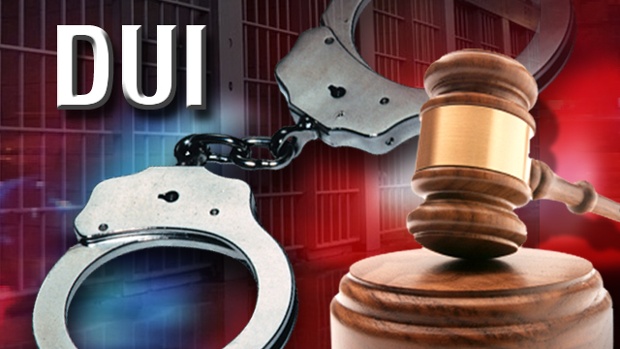
When you receive a speeding ticket, gathering documentation can make or break your appeal. By collecting evidence like maps, dashcam footage, and witness statements, you can effectively challenge inaccuracies, such as wrong vehicle details or speed zone errors. This proactive approach not only strengthens your case but also boosts your credibility. However, many overlook this critical step—what might you miss if you don't take the time to document your side of the story?
When you receive a speeding ticket, appealing it may seem intimidating, but gathering the right documentation can greatly bolster your case. You mightn't realize that specific errors on the ticket itself can serve as solid grounds for your appeal. For instance, if there are notable mistakes—like incorrect vehicle details or an inaccurate representation of the speed zone—these can lead to a dismissal of your ticket. Proving these errors requires well-organized evidence, which is fundamental for a successful appeal.
Start by reviewing the ticket meticulously. If you spot any discrepancies, you'll want to gather proof to support your claims. For example, if the ticket states your vehicle was in a 25 mph zone while you were actually in a 35 mph zone, obtaining a map of the area or a screenshot from a navigation app showing the correct speed limit can greatly strengthen your argument. This kind of documentation not only highlights the error but also shows that you've taken proactive steps to address it.
Dashcam footage can be a game-changer as well. If you have a dashcam recording of the incident, this visual evidence can clearly demonstrate your speed and the context of the situation. Likewise, witness statements from passengers or bystanders can corroborate your account, lending credibility to your appeal. Collecting GPS data is also a wise move; it provides verifiable information about your vehicle's speed and location at the time of the alleged violation, which can be vital in court. Additionally, having solid evidence can significantly improve your chances of success in the appeal process. Understanding traffic laws is crucial, as they can vary by jurisdiction and impact the validity of your ticket.
Understanding the appeal process is essential, too. You'll need to file a notice of appeal within a specific deadline, typically around 30 days, to formally notify the court of your intention. Along with this, drafting a proposed statement on appeal that outlines your grounds and supporting evidence will help clarify your position. Familiarizing yourself with court procedures and timelines is important; missing a deadline could mean automatic dismissal of your appeal.
When you present your evidence in court, make sure it supports your claims clearly and logically. Organizing your documents in a coherent manner enhances your credibility. It's also important to weigh the financial implications of your appeal. A successful appeal can impact your insurance premiums, so investing time in preparation can save you money in the long run.
Lastly, avoid pitfalls in your appeal. Missing deadlines or providing misleading evidence can weaken your case. If you identify legal errors in the original trial, make sure to emphasize these in your appeal. Keeping a respectful demeanor in the courtroom and seeking professional guidance can also improve your chances of success.
Conclusion
To sum up, gathering documentation for your speeding ticket appeal isn't just a good idea; it's essential. Did you know that nearly 70% of contested tickets result in a reduction or dismissal when backed by solid evidence? By presenting well-organized proof, like dashcam footage or witness statements, you greatly enhance your chances of a favorable outcome. Taking this proactive approach not only boosts your credibility but could also save you money in the long run. Don't underestimate the power of thorough preparation!
